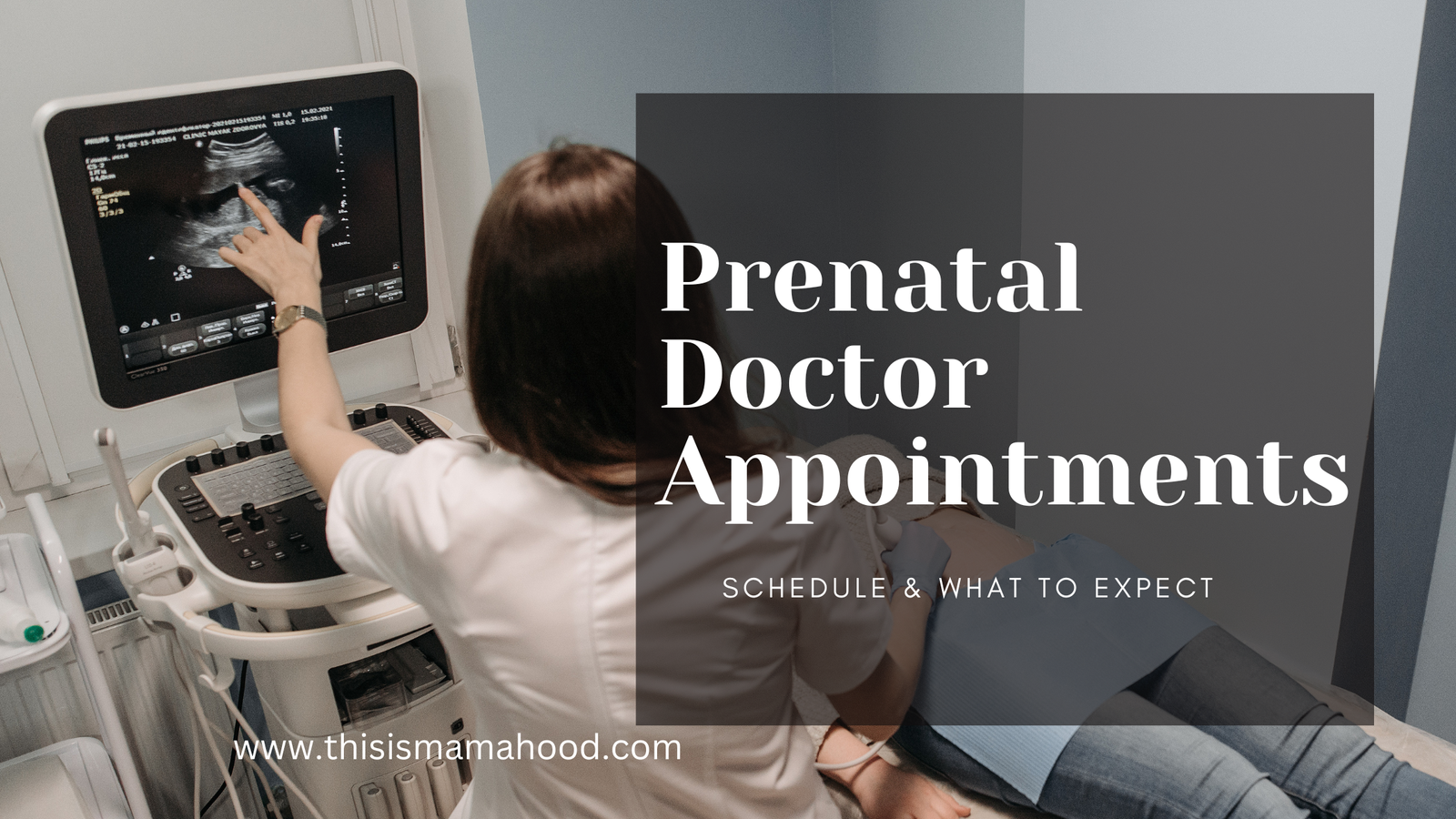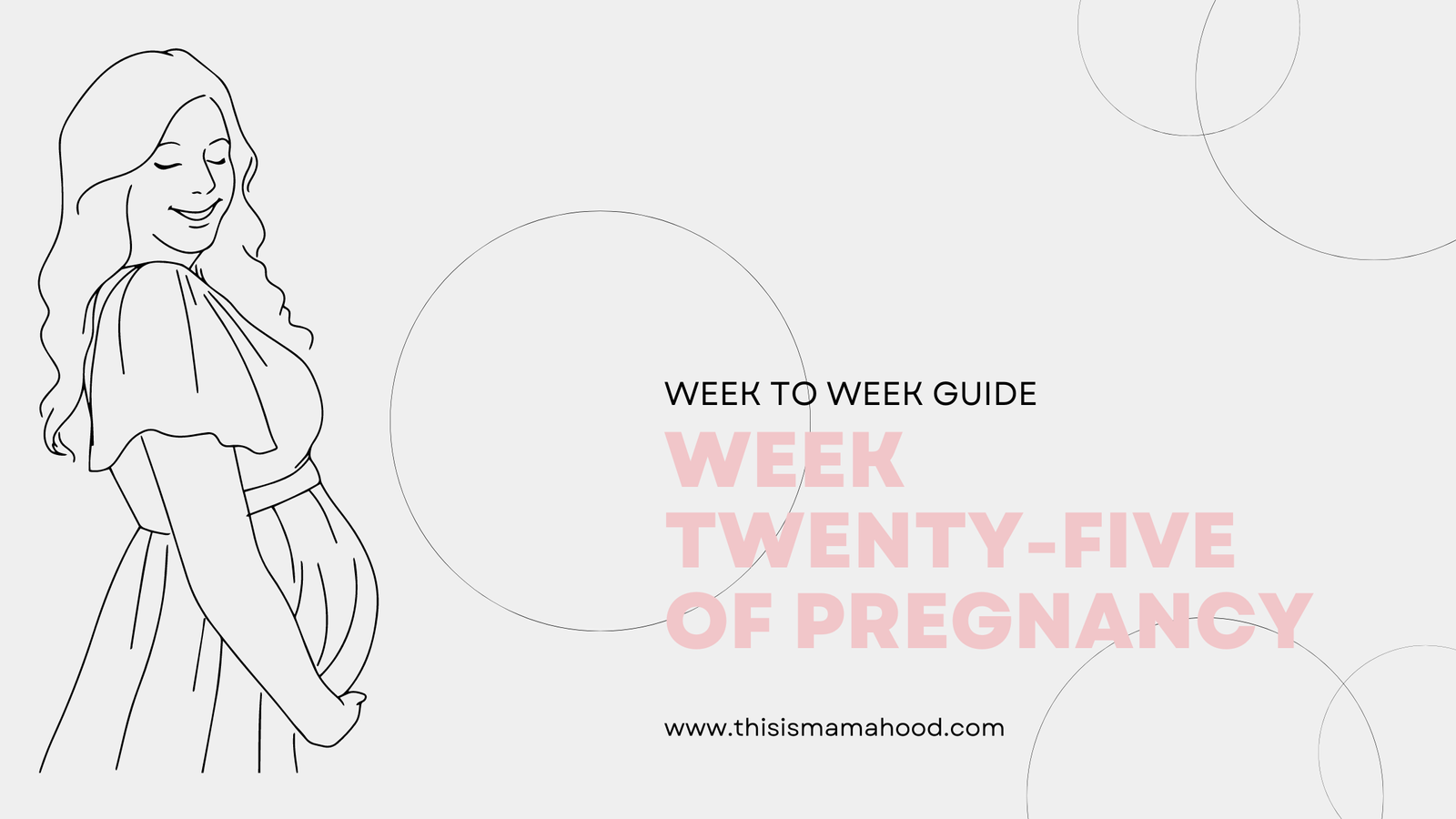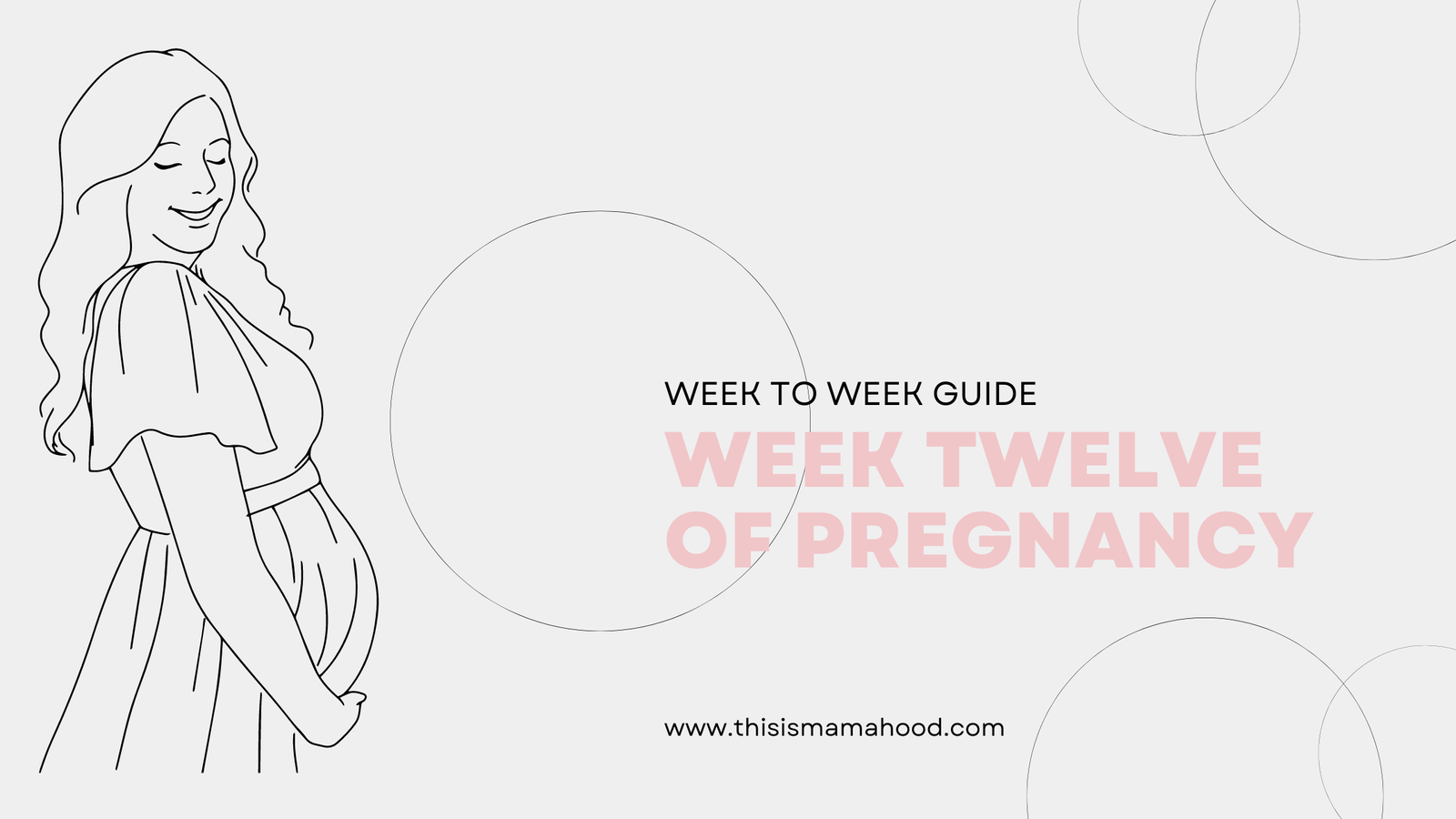You have just found out that you are pregnant, and now you may be wondering what your prenatal doctor appointments will be like. This post will go over the frequency and schedule of your appointments in each trimester, as well as what you should expect to happen.
Prenatal Doctor Appointment Schedule
How often you see your pregnancy doctor will depend on how far along you are in your pregnancy and your risk factors. Typically, you should expect to see your doctor every 4 weeks until you reach week 28. From week 28 until week 36, you will have an appointment every 2-3 weeks. Finally, at the end of your pregnancy, starting at week 36, you will see your doctor every week. This schedule is typical for a healthy, low-risk pregnancy.
You should also expect to have at least two ultrasounds. One will be a dating ultrasound to confirm pregnancy and confirm your expected due date. The next ultrasound will be done around 20 weeks and will include a complete examination of your baby. Depending on your baby’s health, you may have to have additional ultrasounds.
If you have any risk factors, such as age, weight, or any other health concerns you may have to see your doctor more often. Your baby may also have health concerns that will cause you to be checked by your doctor more often, such as low weight or low heart rate. If you are pregnant with multiples, you should also expect to have more frequent appointments.
Some health concerns will show up later in pregnancy that will cause you to be checked more closely by your doctor. These include being diagnosed with gestational diabetes or preeclampsia. You may also want to make additional appointments, outside your regular schedule, in case you have any urgent concerns that need to be addressed before your next appointment.
Prenatal Doctor Appointments: Trimester One
During trimester one, you will have at least 2 scheduled doctor appointments and one ultrasound. The weeks shown are estimates and may vary slightly between each individual.
Visit One: Week 6–8
As soon as you have a positive pregnancy test, you should call your doctor to schedule your first prenatal appointment. They will ask you when your last menstrual cycle was and schedule an appointment based on your expected due date, calculated by your cycle. The first appointment will usually be around weeks 6-8 but may be later, depending on when you discover that you are pregnant.
During your first appointment, you will go over your complete medical history. Topics that will be covered include your menstrual cycle history, past pregnancies, drug and alcohol use, personal and family medical history, exercise routines, and how to have a safe pregnancy. Your doctor will also complete an examination on you, including taking your weight, measuring your blood pressure and listening to your heart and lungs.
You will finally be sent to have blood and urine tests. Some things your doctor will be looking for in your blood tests include blood type, including Rh type, hemoglobin count, and exposure to certain infections including hepatitis B, syphilis, and HIV. Your doctor will discuss the results of your blood tests at your next appointment unless something urgent arises.
Ultrasound One: Dating Ultrasound
After your first prenatal doctor appointment, you will be scheduled to have a dating ultrasound. This usually occurs between weeks 10-13 of pregnancy. This ultrasound will not take long and mainly focuses on the size of your baby. The ultrasound technician will measure the size of your baby, which will give them the gestational age of your baby. The gestational age will give a more accurate estimate of your due date.
Make sure to let your technician know if you would like to see your baby and have pictures printed. After they conduct the exam, your partner will be allowed in the room and the technician will show you your baby.
Visit Two: Week 12
At your second doctor appointment, your doctor will go over the results of your blood tests and ultrasound. They will also take your blood pressure. Your doctor will attempt to listen to your baby’s heart rate via a fetal doppler. However, it is possible that you may not be able to hear it just yet. If no heart rate is found, do not worry, you will be able to hear it at the next appointment.
Your doctor will also discuss prenatal screening that you can do to test for genetic disorders, such as trisomy-18 and down syndrome. If you choose to have this screening done, you will need to have blood drawn on two separate dates. The first blood draw will be done between weeks 10-13.
Prenatal Doctor Appointments: Trimester Two
Visit Three: Week 16
This appointment with your doctor will be a routine checkup. They will take your blood pressure and listen to your baby’s heartbeat. If you have any questions or concerns, make sure to discuss them.
If you decided to do the prenatal screening, you will have your second blood test between weeks 15 and 20.
Ultrasound Two: Anatomy Scan
Your second ultrasound will be a longer appointment, around 30-45 minutes. It is usually scheduled between 18 and 22 weeks pregnant. The ultrasound technician will be doing a complete examination of your baby. They will measure the size, and check all of your baby’s anatomy and amniotic fluid levels, as well as the placement of the placenta.
Your technician will not be able to discuss any results of the scan and you will be referred to your doctor. The technician, will, however, be able to let you know the size of your baby, the heart rate, and the gender.
After your technician has completed their scan, your partner will be invited in and you will be shown images of your baby. The ultrasound images will be much more detailed that the images from the first ultrasound. You will be able to see all of the different body parts and features of your little one. Don’t forget to ask to have some pictures printed.
Visit Four: Week 20
At your 20-week appointment, you will be able to discuss the results of your ultrasound with your doctor, as well as the results from the genetic screening. Your doctor will also check your blood pressure and listen to your baby’s heartbeat.

Visit Five: Week 24
During the 24th week of pregnancy, you will have another appointment with your doctor. In addition to checking your blood pressure and listening to your baby’s heart rate, your doctor will start to measure the size of your bump. This measurement is known as the fundal height and will give the doctor an indication of your baby’s growth rate.
Your doctor will also send you for a test to screen for gestational diabetes. In order to complete this test, you will have to consume a glucose drink while fasting. Your blood will be drawn while you are fasting, as well as one hour after consuming the glucose drink. Your glucose levels will then be checked for indicators of gestational diabetes. If your results come back and are high, you will be sent for a 2 or 3-hour test, to confirm a gestational diabetes diagnosis. If you are diagnosed, you will have additional appointments to check your glucose and insulin levels. You will also be given a glucose reader to test your levels at home.
Prenatal Doctor Appointments: Trimester Three
Visit Six: Week 28
This doctor visit is another routine check-up. As usual, your doctor will check your blood pressure, listen to your baby’s heartbeat and measure your bump. If you haven’t already been doing so, your doctor will start asking you to give urine samples at each appointment. The reason for the urine samples is to check to see if there is any protein present. If protein is present in your urine, this could indicate preeclampsia and your doctor will monitor closely.
If you have an Rh-negative blood type, you will need to get a shot of Rh immune globulin. This shot will prevent Rh sensitization. This means that your body will not produce antibodies in response to Rh-positive blood. This is important because those antibodies can enter your baby’s bloodstream and destroy their red blood cells.
Visits Seven to Nine: Weeks 30, 32 & 34
You will now be having prenatal check-ups with your doctor every two weeks. These are routine check-ups so your doctor can monitor your baby’s growth and keep an eye out for any potential complications. You will have your blood pressure measured, listen to your baby’s heartbeat, give a urine sample and have your belly measured. Be sure to talk to your doctor about any concerns with labor or delivery. If you have a birth plan, make sure to go over your requests and demands during these appointments.
Visit Ten: Week 36
In addition to your routine check-up, this week you will also be tested for group B strep. This test is done by taking a swab of the vagina and the rectum. Group B strep is a type of bacteria that comes and goes from our bodies, usually without causing any health concerns or being detected. However, in some people, such as the elderly or immunocompromised, it can cause serious illnesses. If your test comes back positive for group B strep, you will be given antibodies during labor to decrease the chances of the bacteria being passed onto your baby
Visit Eleven: Week 37
You will now start having prenatal check-ups with your doctor every week. As usual, this will include a blood pressure check, urine sample, bump measure, and listening to your baby’s heartbeat. Your doctor will talk to you more about signs to look for that indicate labor is nearing. You will also be instructed on what to do when labor starts.
Visit Twelve: Week 38
This week in addition to the usual check-up, your doctor may check to see if you are dilated and offer to do a membrane sweep. These are optional, and you have the right to refuse. A membrane sweep is when a doctor inserts their fingers into your cervix and attempts to loosen the amniotic sac from the uterus. This may help to jump-start labor.
Visit Thirteen: Week 39
As you near your due date, you will have another routine check-up. You may again be given the option to check for dilation and to do a membrane sweep.
Visit Fourteen: Week 40
If you have not yet gone into labor, you will have another routine check-up including a blood pressure check, listening to your baby’s heartbeat, urine sample, and measuring your bump. You will be given the option to check for dilation and to do a membrane sweep. Your doctor will also go over options for inducing labor, which will usually occur in week 41 of pregnancy.
Post-partum
Six-week checkup
You should expect to have a postpartum check-up with your doctor around 4-6 weeks after giving birth. During this appointment, your doctor will ensure you are healing well. They will ask you questions about your mood and mental health. You may have a physical examination, including a pap smear and a vaginal inspection to make sure your uterus is shrinking back to its regular size.
If you had gestational diabetes, you will be sent to have another glucose check to ensure the diagnosis is gone.
Take this time to ask your doctor important questions like when you can start exercising again, having sex, and going over any birth control plans.




